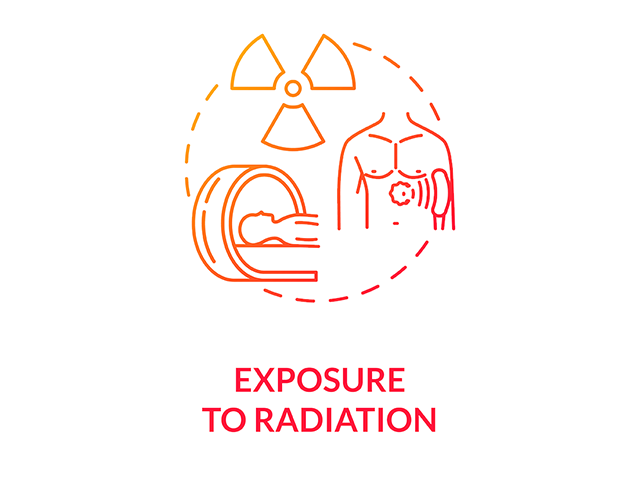Presidential Interdisciplinary Seed Grants
Molecular Level Biodosimetry for National Security

Molecular Level Biodosimetry for National Security: Proteomic, Glycomic,Epigenetic, and Metabolomic Approaches for Quantitative Assessment of Low Dose Radiation Exposure

Our research is directed at identifying and exploiting relationships between exposure to low doses of ionizing radiation (IR) and biological responses that individually or collectively may be used as biomarkers of low dose radiation exposure, and ultimately as quantitative tools for
biodosimetry. Our studies accomplish this by employing state-of-the art mass spectrometric and molecular approaches to identify proteins, glycoprotein N-glycans, genes, and epigenetic marks whose expression or modification reflects organismal responses to low dose radiological exposure. These identifications then serve to illuminate the metabolic pathways, metabolites, and biochemical modifications that are impacted by low dose IR exposure. Our current and future research goals aim to experimentally verify and validate proteomic, glycomic, and other molecular responses to low dose IR exposure in the model organism Medaka fish (Oryzias latipes) and to translate this research to other impactful animal models and, eventually, to human subjects. The results obtained to date support the concept that low dose mechanisms are very different from high dose/dose rate mechanisms and support the use of glycosylation, protein expression, and lipid metabolism as biomarkers for radiation stress induced by environmentally relevant levels of IR.
Team Lead
Olin Rhodes
Savannah River Ecology Laboratory
rhodeso@uga.edu
Team Members
Franklin Leach
Department of Environmental Health Science
Michael Tiemeyer
Department of Biochemistry and Molecular Biology/CCRC
Lance Wells
Department of Biochemistry and Molecular Biology/CCRC
Ben Parrott
Savannah River Ecology Laboratory
